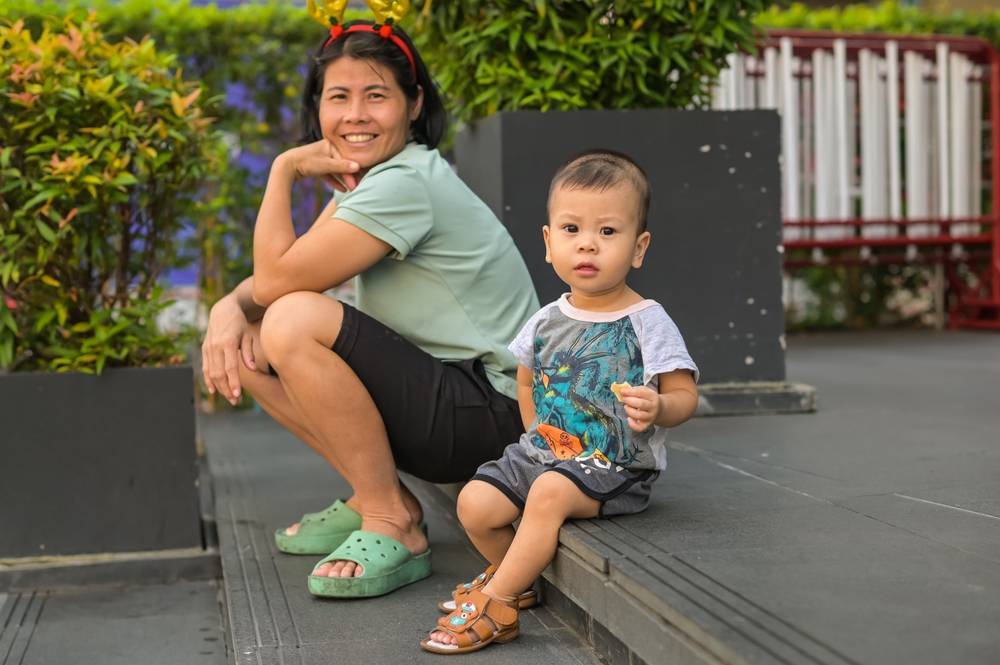Thailand’s government noted a steady drop in the nation’s birth rate. Therefore, they took an assertive step to safeguard the health of the newest generation.
The Department of Medical Sciences (DMS) and the National Health Security Office (NHSO) of Thailand have announced a new initiative that offers free screenings for newborns to detect 24 rare medical conditions. They designed this proactive move as part of a wider strategy to bolster the nation’s children’s health. Currently, the birth rate averages 1.4 births per woman, which contributes to an ageing population.
Declining Birth Rates: A National Concern
This move follows the alarming revelation of Thailand’s birth rate plummeting to 1.4 babies per woman.
Dr Supakit Sirilak, the DMS director-general, emphasised Thailand’s shift towards an ageing society due to insufficient births to stabilise the nation’s median age. The current Thai median age is 42 and the population has continued to age.
Screening: A Glimmer of Hope
The free screening primarily aims ensure early detection of foetal and genetic conditions. However it is also targeting to encourage women, particularly in remote areas, to have more children. The hope is to provide parents with the reassurance that potential medical challenges can be identified early. Consequently it hopes that reassurance aids in making informed child-rearing decisions.
According to the Birth Defects Association (Thailand), out of every 500,000 Thai newborns, about 70 face a rare, critical condition. Dr Pornswan Wasant, president of the association, attributed many of these cases to children born of closely related parents. This is predominantly in rural regions.
Funding For Free Health Screening
The NHSO, as confirmed by its secretary-general, Dr. Jadet Thammathataree, will shoulder the treatment expenses for these 24 conditions. This includes the critical step of transferring patients to specialised hospitals with the necessary expertise.
Dr. Supakit expressed optimism about the government’s plan, envisioning all newborns undergoing screening within 24 hours post-birth by the culmination of 2024.
Conclusion
As Thailand grapples with a receding birth rate, the introduction of free screenings stands as a testament to the government’s commitment to the well-being of its youngest citizens. While the screenings play a pivotal role in child health, they also reflect the larger goal of restoring balance to the nation’s demographic spread. Only time will tell if this strategy will effectively revitalise Thailand’s birth rates, but for now, the nation’s children stand to gain the most.

